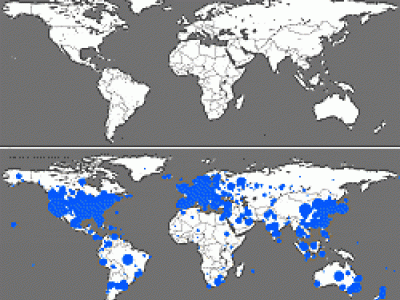RAD Lab wins backing from five major IT firms
The UC Berkeley announced a new influx of industry support for its Reliable, Adaptive and Distributed systems laboratory, or RAD Lab, which will be dedicated to creating the next generation of Internet design tools.

